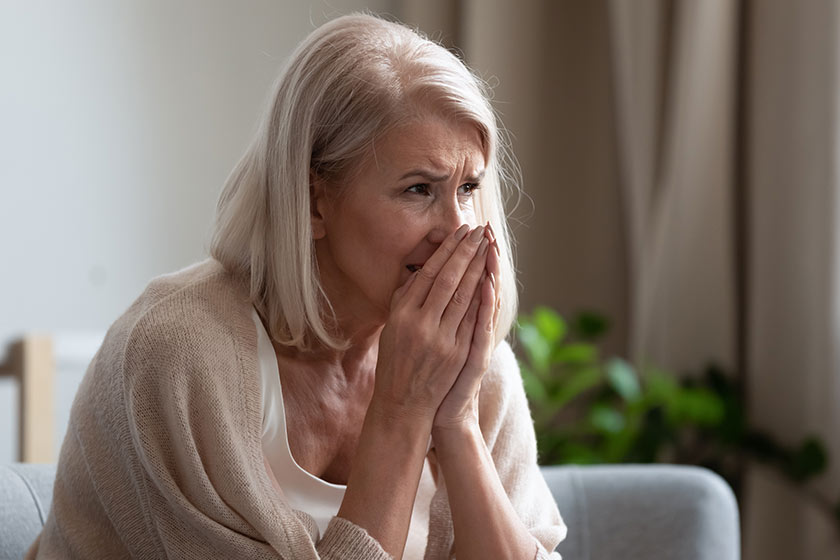About a fifth of adults above the age of 55 years in the U.S. face some form of mental health concern. Unfortunately, many of them often go undiagnosed and therefore untreated. If you are caring for an aging loved one, it is crucial to know the signs of mental health problems in older adults and how to approach them. Read on to find out more.
Unexplained Fatigue
Mental health concerns can disrupt healthy sleep patterns, resulting in lethargy, mental fog, and exhaustion throughout the day. These symptoms suggest the presence of mental stress. The afflicted older adult’s sleep problems should be explored so that both their mental and physical health can be improved.
Social Withdrawal
When older individuals have mental and physical health issues, it can be challenging to overcome the emotional, mental, and physical hurdles that make it difficult to be present and productive in relationships. If you have a loved one or a friend who is experiencing social withdrawal, help them out by taking the initiative to reconnect and determine what they require to re-engage with their family, friends, and community.
Prolonged Depression
Most people experience days when they are depressed or sad. However, if these emotions persist for more than a few weeks, you should consult a doctor to establish whether a diagnosis of anxiety, depression, or other conditions is necessary. Being able to accurately diagnose and treat a mental health condition will do wonders for your loved one’s mental health. Do encourage them to seek help if necessary.
Difficulty Concentrating
Concentration problems are common from time to time. However, if it persists and interferes with critical daily duties, it may indicate a mental health condition. Difficulty focusing is also an indication of dementia and Alzheimer’s disease. It might also be due to the use of certain drugs. Consult with your loved one’s doctor to determine the specific cause of the problem.
If you are concerned about the physical and mental well-being of an older loved one and have seen major changes in their behavior, contact their doctor as soon as possible to schedule an evaluation and establish the reason and treatment.
Appetite Loss
If your older loved one usually has a decent appetite but becomes fussy or refuses to eat, it might be a sign of a physical illness. However, if it continues over an extended period of time, it may suggest a mental health condition. If your older loved one has been stressed, anxious, or depressed, consult their doctor for a diagnosis and appropriate treatment.
Choose Discovery Commons Cypress Point
Discovery Commons Cypress Point provides professional memory care services to help older people diagnosed with cognitive-related conditions live a more satisfying and peaceful life. Our retirement community employs a person-centered approach to memory care that is cutting-edge in the senior living industry. With their years of expertise, proven methods, and the most up-to-date best practices, our kind and experienced team members will design care plans suited to each resident’s interests, needs, and capabilities. Your wellbeing is our priority.







